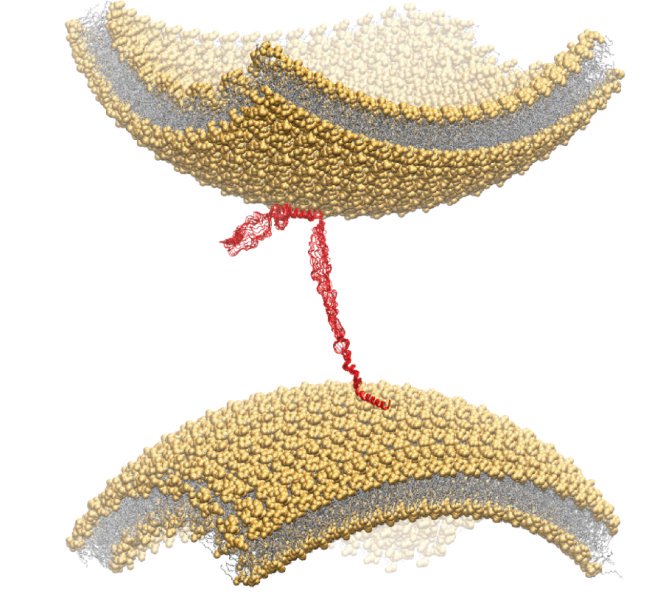Dysfunctional Neuron Communication May Contribute To Parkinson’s Pathology

Recent research has shed light on the pathology of Parkinson’s disease by explaining how alpha-synuclein, a protein closely related to the disease, functions in a normal human brain. Findings may contribute to the design of future novel and appropriate therapies for Parkinson’s disease.
The study, “Structural Basis Of Synaptic Vesicle Assembly Promoted By Α-Synuclein,” by Giuliana Fusco and colleagues from the University of Cambridge and Imperial College London, was published in the journal Nature Communications.
Parkinson’s disease belongs to the group of “protein misfolding diseases.” The diseases are triggered by increased levels of dysfunctional proteins. In Parkinson’s, the protein alpha-synuclein is present in abnormal levels but its specific role in the brain and its contribution to the disease have not been completely understood.
In the healthy brain, neurons communicate by sending neurotransmitters as signals between them. The neurotransmitters are carried inside vesicles within each neuron and, when they reach the junction between two neurons (the synapse), the vesicles release their content allowing the neurotransmitters to activate the other neuron within milliseconds.
In the recent study, the researchers showed that alpha-synuclein is one of the proteins that regulates the trafficking of vesicles and neuronal signaling, making sure that not too many or too few vesicles are used in the process. When mutated forms of alpha-synuclein (in Parkinson’s) were introduced in the cells, the team observed that the trafficking mechanism was no longer functional and the neuronal communication was compromised.
“Because we have shown that mutated forms of alpha-synuclein, which are associated with early onset familial forms of Parkinson’s Disease, affect this process, we also now know that this is a function that may be impaired in people who carry these mutations,” Fusco said in a news release.
Given that one of the hallmarks of a brain with Parkinson’s is excessive levels of alpha-synuclein, it is possible that the trafficking of vesicles is also abnormally increased, causing a negative impact on the flow of vesicles and disturbing the normal functioning of the brain.
Although knowing the precise function of alpha-synuclein in the brain contributes to understanding the pathology of Parkinson’s disease, the team suggests that the results should be viewed with caution, especially because the protein can be also found in red blood cells — which suggests that it may have different functions depending on the cell type.






